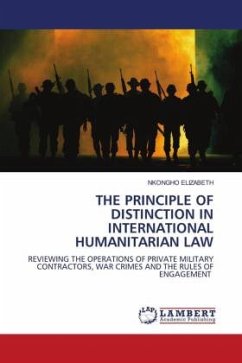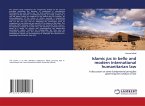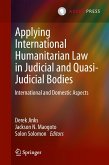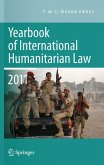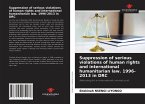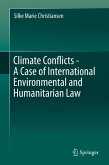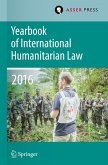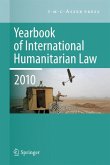The book interrogates the applicability of the principle of distinction in armed conflicts, which envisages the existence of two distinct groups: the distinction between combatants and civilians and between civilian objects and military objectives that have become blurred due to changes that have occurred over time during armed conflicts. The involvement of other groups not traditionally regarded as combatants and the emergence of new warfare methods create challenges in applying the principle of distinction to modern armed conflicts. The extent to which the principle has been applied in International Humanitarian Law (IHL) and the extent to which it has been sufficiently applied during armed conflicts have created challenges in its application, particularly the involvement of groups that do not have a clear legal status under IHL. The failure of international law to clarify the status of these new participants in modern warfare renders the classification of such actors problematic. International humanitarian law does not recognise the category of quasi-combatants; hence, groups such as private military contractors cannot be said to fall in-between combatants and civilians.

